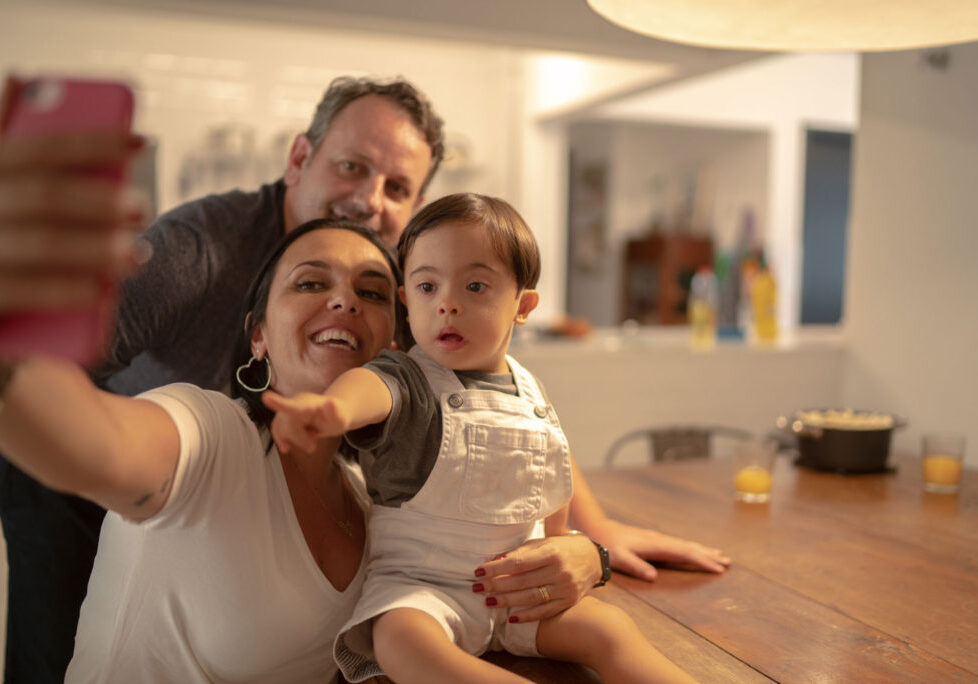The Roughout Ranch Foundation in Shasta County has been gaining recognition in the North State for the last few years, primarily for the Rough Rider Roundup event they hold each fall. But that’s just a small piece of what the foundation offers.
Located in Bella Vista, not far off route 299, Roughout Ranch is owned and managed by Kathy O’Donnell and Jim Cooke and it’s been an operating ranch since 1973, when Jim’s family bought the property.
Today the ranch provides equine-assisted programs, workshops, special events, and even employment opportunities for people with a wide range of abilities. The basis of their work is to develop and facilitate the connection between horses and humans to provide life skills, equine-assisted therapy, and social recreation.“The horses are the tools in our toolbox,” says O’Donnell.
A safe space for individuals with disabilities
O’Donnell, who moved to the ranch in 2016, says many regular visitors call the ranch their “happy place.” During their time there, she sees their anxiety goes down, and they learn how to just be in the moment out in nature with the animals.
After becoming certified in equine-assisted philosophy and learning how to conduct therapy with horses, O’Donnell knew she wanted to work with the special needs population and started brainstorming ways to open the ranch to the community.
“I asked myself,”What can I do to give myself and them (the animals) a meaningful life?” she explains. From there came the inspiration for the Rough Rider Roundup – an annual event where participants experience modified rodeo-type activities and get to become cowboys and cowgirls for the day.
O’Donnell says awareness of the Roundup and the ranch is growing, and so is the number of participants. From 26 registered participants at the first roundup, the event has grown to 66 this year.
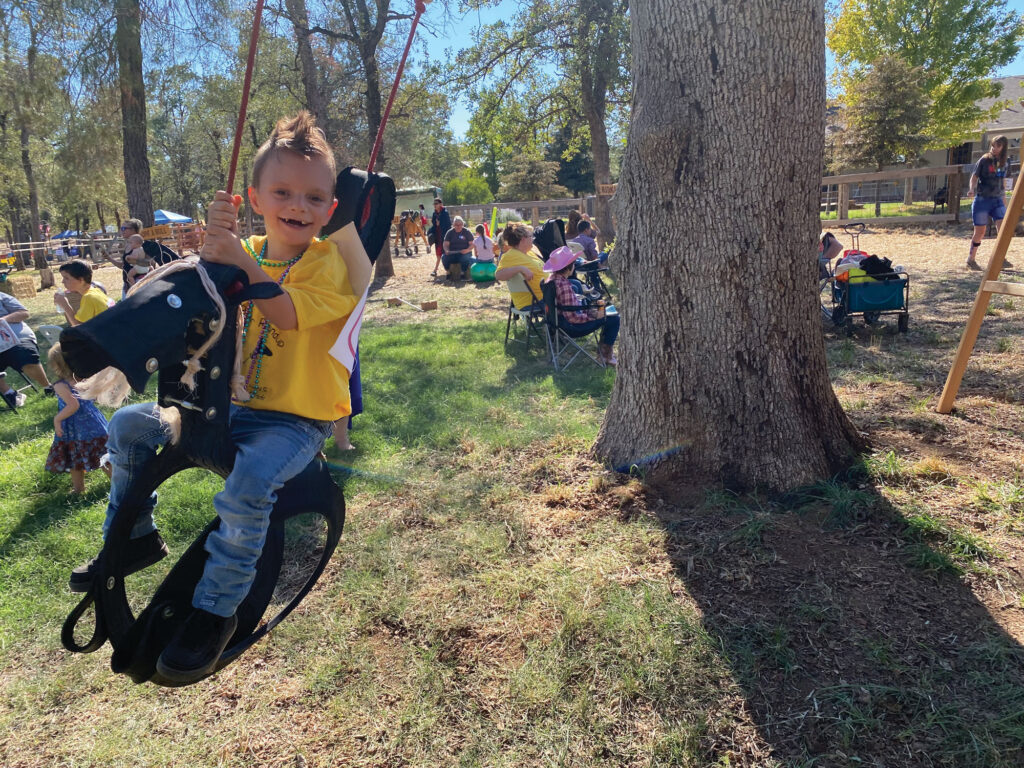
Kingston Hodge, 5, looks forward to attending his third Rough Rider Roundup in 2023
Equine-assisted learning and therapy
Equine-Assisted Learning is an approach to learning life skills that entails teamwork between participants, certified Equine Specialists, and a horse to achieve personal goals.
Many individuals who come to the ranch for the Equine Assisted Activities have disabilities ranging from severe to high functioning. Sometimes it can take a while for participants to get on a horse, but O’Donnell says she lets them take the lead on what activities they choose while they are there.
She describes herself as a “facilitator of self-discovery” for the individuals who come to the ranch. She ensures they are safe but lets them discover things independently. “I follow them emotionally, mentally, and physically,” she explains.
Therapeutic horsemanship uses horses to help people with special needs improve listening skills, focus, sequencing, and coordination. This therapy also helps develop greater self-confidence, patience, and control. Activities with this type of therapy can include grooming, saddling, and leading the horse and warm-up exercises on the ground — all of which can be done individually or in small groups.
Horses are in tune with human emotions and body language
Equine therapy is used for various mental and physical health issues. It’s been shown to be helpful for those with autism, PTSD, anxiety, depression, eating disorders, and more. One of the reasons that equine therapy is so effective is that the horses give immediate feedback to their rider or handler’s actions.
Horses have been known to be in tune with peoples’ emotions and body language, which makes them ideal for helping those with communication difficulties. Therapeutic riding can also help build confidence, self-esteem, self-efficiency, communication, trust, and perspective, while teaching impulse control and boundaries.
Workshops for adults, space for other providers and mentorships for foster and adopted children
Kathy Rutan-Sprague is the Roughout Ranch Foundation’s vice president and the program director and developer of the Authenticity workshops for adults who want to work on personal growth and feel more connected with themselves and others.These workshops consist of 12 weekly sessions where participants engage in what Rutan-Sprague describes as an “experiential, supportive learning environment to learn about themselves, heal what has been broken, and reconnect with their own hearts.”
The horses, she says, guide the learning process as participants reflect and explore their emotions.
Rutan-Sprague is a retired nurse and is passionate about using horses to promote healing and wellness. She has an extensive background in raising and training horses and has provided equine-assisted learning to clients for 20 years. A huge component of the Authenticity workshops is called conscious connection, which Rutan-Sprauge describes as “finding yourself while sitting in the horse pasture with the horses.Horses can help a person to get in touch with who they really are.”
She says her role as the facilitator of those connections involves “creating a safe place surrounded by supportive, trusted and trustworthy friends in which a person can find themselves.”
Since a big part of the workshop is to help people stay in the present moment, Rutan-Sprague explains that the horses play a crucial role by keeping participants “grounded in the here and now.”
Along with their own programs, the ranch also provides space for local equine-assisted therapy providers from organizations such as Wayshower Behavioral Health and Kindred Hearts Counseling Services to work with their clients.
This year, The Roughout Foundation became the first west coast facility to offer Stable Moments, a mentorship program designed to help foster and adopted children who have experienced early developmental trauma. The program teaches life skills for healthy relationships and transitions into adulthood.
There are also programs for seniors and veterans, and O’Donnell hopes to add more programs to serve the community in the future. Year-round guided tours at the ranch are available by appointment. For more information: Roughout Ranch Foundation, roughoutranch.org
Posted in: Uniquely Us
Comment Policy: All viewpoints are welcome, but comments should remain relevant. Personal attacks, profanity, and aggressive behavior are not allowed. No spam, advertising, or promoting of products/services. Please, only use your real name and limit the amount of links submitted in your comment.
You Might Also Like...
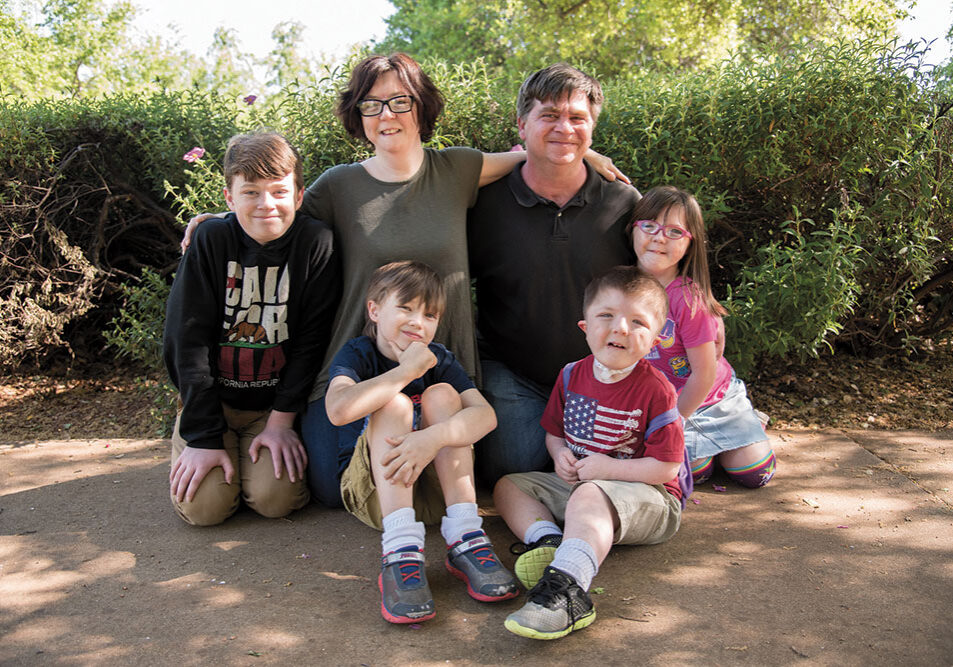
Uniquely Us: How to Make the IEP Process a Little Less Stressful
For most parents of special needs children, Individualized Education Plan (IEP) meetings are a routine part of life once their child is old enough to start school. Regardless of whether […]

Unschooling Can Be a Good Fit for Neurodiverse Kids
For many kids, navigating the school environment is a challenge. And, for kids who don’t learn the same way as their peers, the structure and expectations can be especially taxing. […]
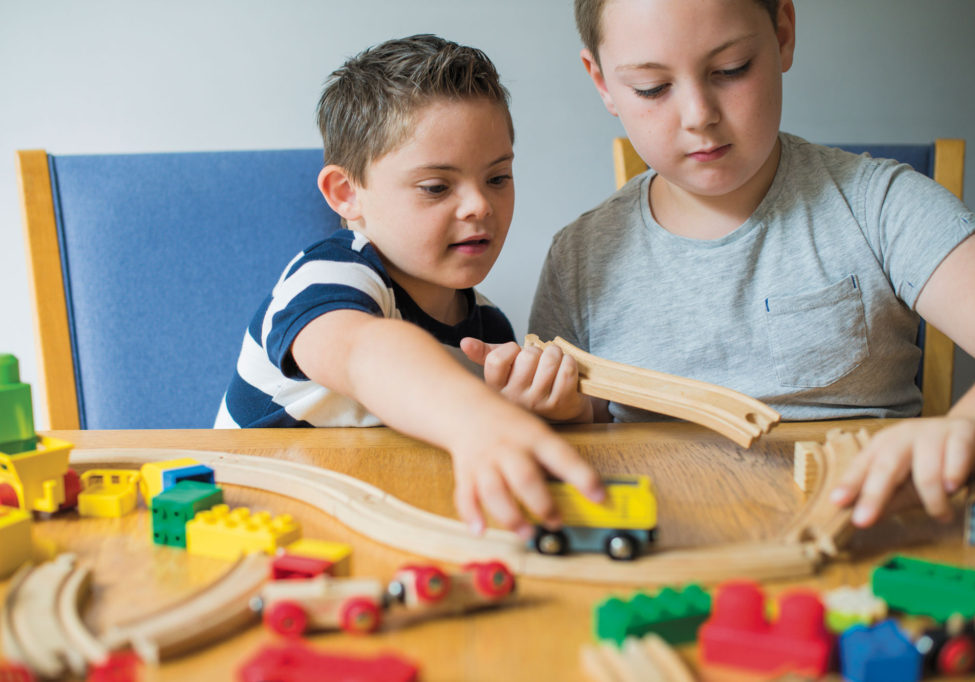
Supporting the Siblings of Children with Special Needs
What it’s like to grow up with a sibling with special needs In families of children with special needs, we hear a lot about the importance of providing support for […]
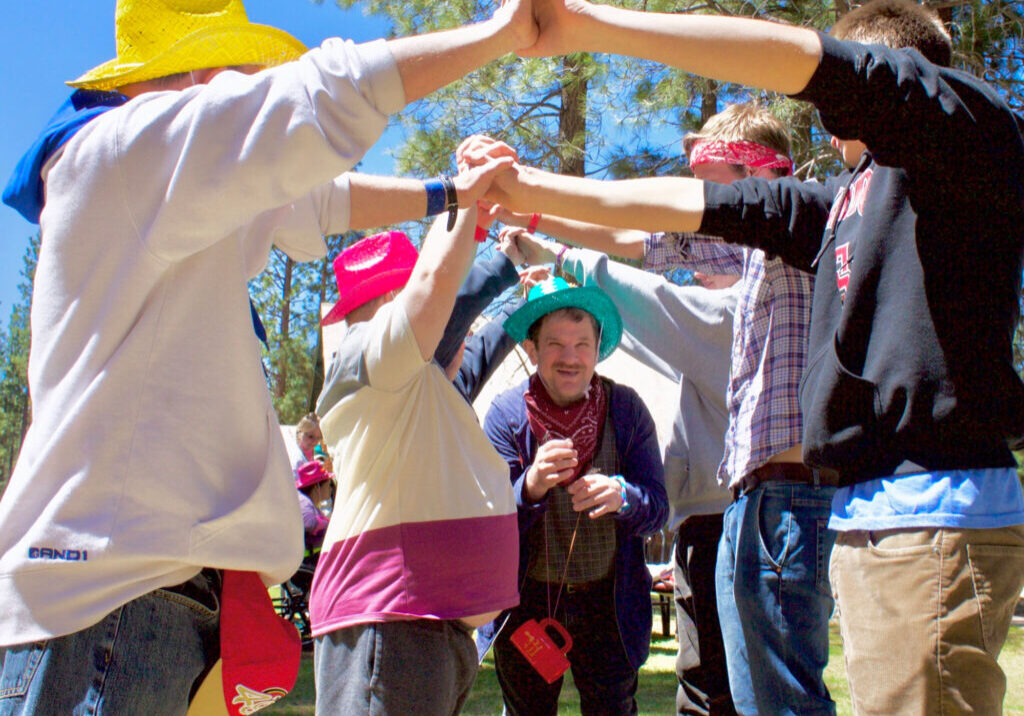
Camp Ronald McDonald at Eagle Lake – A True Summer Camp Experience for Individuals with Disabilities
For parents of children with disabilities, finding the right summer camp can feel like a huge challenge, as the environment needs to be safe, supportive, and understanding of their child’s […]



